Mysterious places of Cantabria: the Collegiate Church of Santillana del Mar
The Spaniards say that we are a people capable of extracting gold from an alcuza, which, after all, does not mean anything else, except that we have a strong sense of criticism and ingenuity.
Perhaps that is why, one of our most excellent writers of the Golden Age, the always enigmatic don Miguel de Cervantes, already defined us, somehow, when he created a masterpiece, whose protagonist was an ingenious gentleman, how could it be less: Don Quijote of La Mancha.
Ingenuity has meant that we have a wide variety of sayings and popular sayings, to the point that, even if it is a restless matter of sharpening the sharp knives of criticism or simply because of a human question of envy, we are able to disturb some of our neighbors, qualifying their people as the one of the two or the one of the three lies.
For example, in La Mancha they say that Puertollano - a town near the Cervantina Argamasilla de Alba - is the town of the two lies, because it is neither a port nor is it flat.
The same is true in Cantabria with Santillana del Mar, which is known as the town of the three lies, since it is not holy, nor is it flat nor does it have a sea.
In fact, who takes the trouble to approach there, you will see that Santillana del Mar is not only a cultural bastion of first magnitude, but also, it is also one of the most beautiful villages of this endearing Cantabrian land, whose epics in its The struggle against the almighty Rome, together with the Asturians and the Basques, were collected by the great German historian Adolf Schulten, in an extensive and documented work, which bears the Cantabrian wars.
In addition, Santillana del Mar has two treasures of unquestionable value: the famous Altamira caves, whose wonderful representations show that as in the great North American meadows, there were also bison in Spain and of course, that wonderful encyclopedia of stone and sacred geometry , which is your impressive Collegiate.
Dedicated to the enigmatic and debatable figure of Santa Juliana - enigmatic woman of arms to take and torturer of demons, which we find again with an outstanding presence in the north of Burgos, in the Merindades and especially in the spooky sculptural representations of the church of Santa María de Siones- This remarkable Romanesque jewel sinks its roots at the dawn of the 11th-12th centuries, although it is believed that it rises over an earlier monastery, from which nothing has survived.
More or less by the Golden Legend of Santiago de la Vorágine, we know that this enigmatic saint - and I emphasize again the enigmatic one, because in my point of view, its existence is as doubtful as the Saint Galician Mariña or the extreme Extremadura Eufemia- We are told that Juliana came from Bithynia, where she was martyred by order of Emperor Diocletian.
In fact, in front of the altar, there is the emblematic sepulcher that supposedly collects its mortal relics, in which you can see an image of the saint, with the demon martyred at her feet.
Not far from it, another grave encourages speculation, remaining the mortal remains that it houses, in the most absolute of mysteries and where an inscription, in Latin characters, calls for meditation: 'I lived happily with my wife and with my Father the king. Turned to ashes I hope time passes in this grave. You will realize that the abundance of wealth has disappeared in me, for not being able to defeat death. '
No one dares to pronounce on who this character was, apparently real; but his message, crystalline as water, recalls that Latin maxim, Carpe Diem, who advises living the moment.
And to live the moment, is to take advantage of the time with intensity, accepting the invitation to calm, to contemplation, which directed from the neighboring cloister, challenges us to introduce ourselves, by the greedy conformation of the sculptures of its capitals, in the lost world of the archetypes
A cloister, which generally remains in gloom on its north side, not in vain representative of that deadly and hyperborean cold, where medieval monks believed that the Antichrist, the Satan of the Holy Scriptures, dwelt, before some Dominican wasp invented the famous Calderas del Infierno, to which the Spanish proverb - remember what I said at the beginning about our innate ingenuity? - was popularly referred to as Pedro Botero's boilers.
It is not surprising, therefore, that on this north side, between some chiaroscuro that the sun's rays can barely penetrate, a curious capital reminds us of the terrible struggle of the archangel Saint Michael with the fierce snake, which this phenomenal representation acquires dimensions really monstrous as corresponds to the terrible Cuélebre, the serpentón or dragon of the ancient Cantabrian-Asturian mythology.
But if there is a theme that stands out above the others, both in the capitals, as in the countless cakes that make up the stony illustrations of this imposing Collegiate Church of Santillana del Mar, and a theme, in addition, related to the Romanesque of Cantabria, is that Replica to the Hindu Kama Sutra, which later the Marquis of Santillana, with a complimentary candor, defined as the Book of Good Love, which was the precursor of the Freudian trigger on libido: eroticism.
Most of these representations, obscene in the opinion of some, but realistic and an anthropological treasure in the opinion of others, were conveniently censored by the pylon hammer of a modern bishopric, which as of the sixteenth century prohibited the famous representations of the Virgin of La Leche - the Virgin breastfeeding the Child - because she saw in the exposition of a breast, a clear invitation to lust, without understanding an act of the most natural nor taking into consideration what underlies the Mandorla or Pisces Vesica, about the which generally represents Christ in Maiestas or in Majesty.
Many of these canecillos, as I say, mutilated by the misogenous fury of modern bishops, form a small museum on the same side of the cloister, which still located in front of the south bottom, which must have been the warmest to receive continuously rays of the sun, also remains in shadows as a result of ivy and vines that rise indolently through its arches, to form a thick curtain, which, however, offers a remarkably melancholic and peculiar appearance.
Anyway, what is true, is that Santillana del Mar is a place worth knowing, regardless of whether access to its famous Altamira caves is practically impossible and where to get carried away by the spell of its streets and houses and above all, for the special charm of its Collegiate Church, one of the four Collegiate Church, which more interesting, which has this magical corner of our north, which is Cantabria.
Related Movie:
NOTICE: Both the text, as well as the photographs, and the video that illustrates it (with the exception of music, reproduced under YouTube license), are my exclusive intellectual property.
Recommended Post:
https://steemit.com/photography/@txatxy/two-dogs-one-goal-photo-story
View this post on TravelFeed for the best experience.
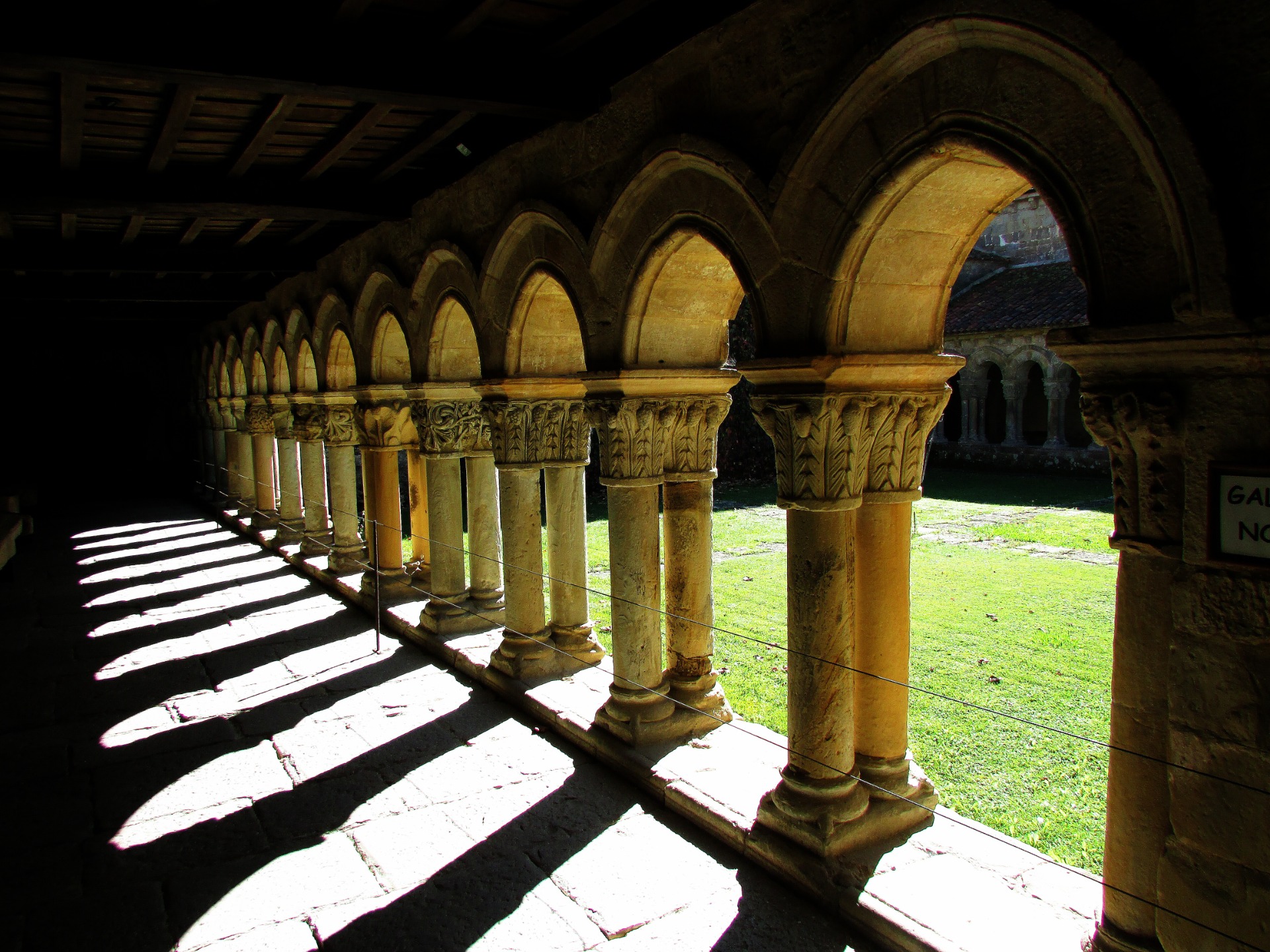
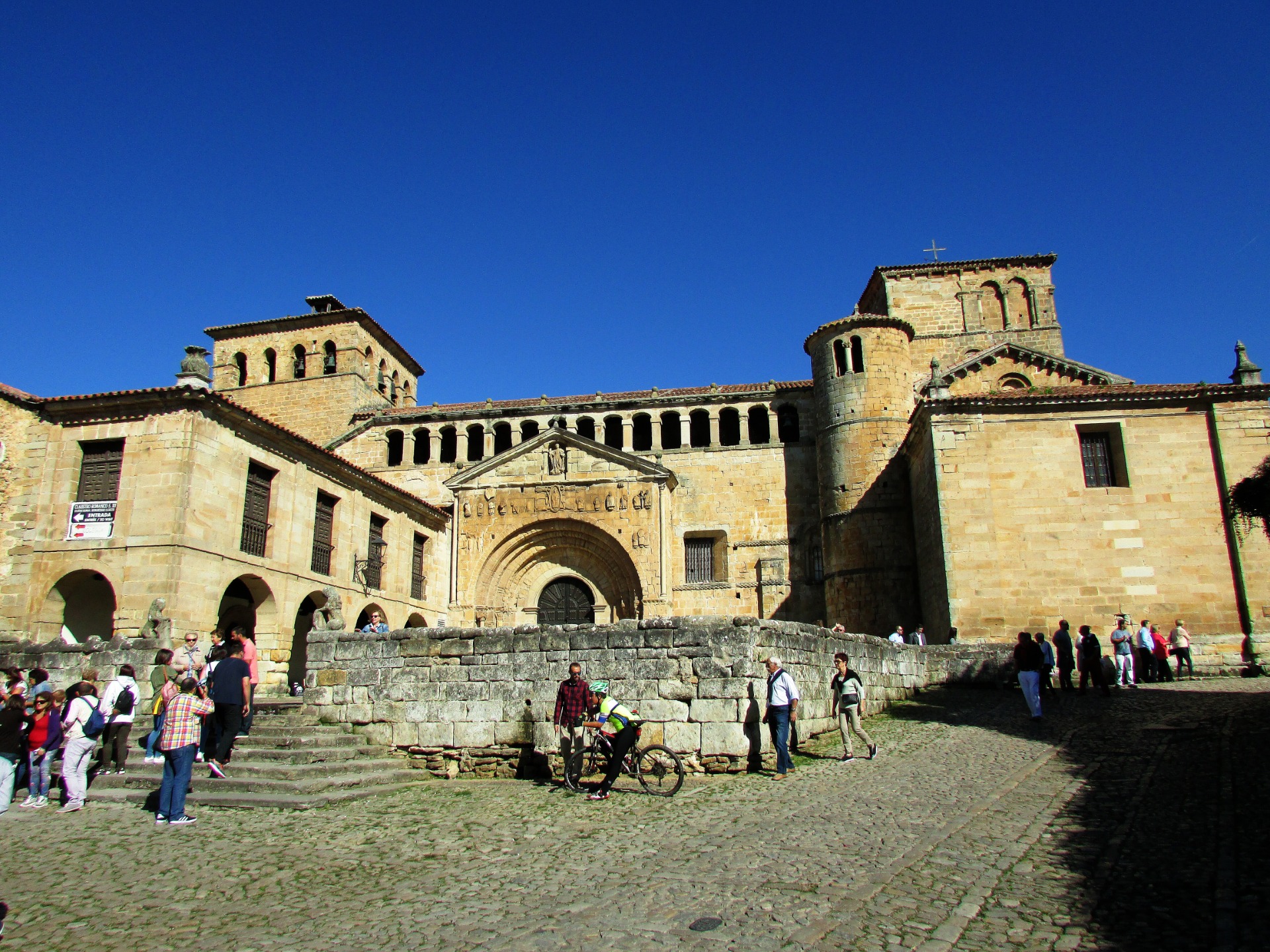
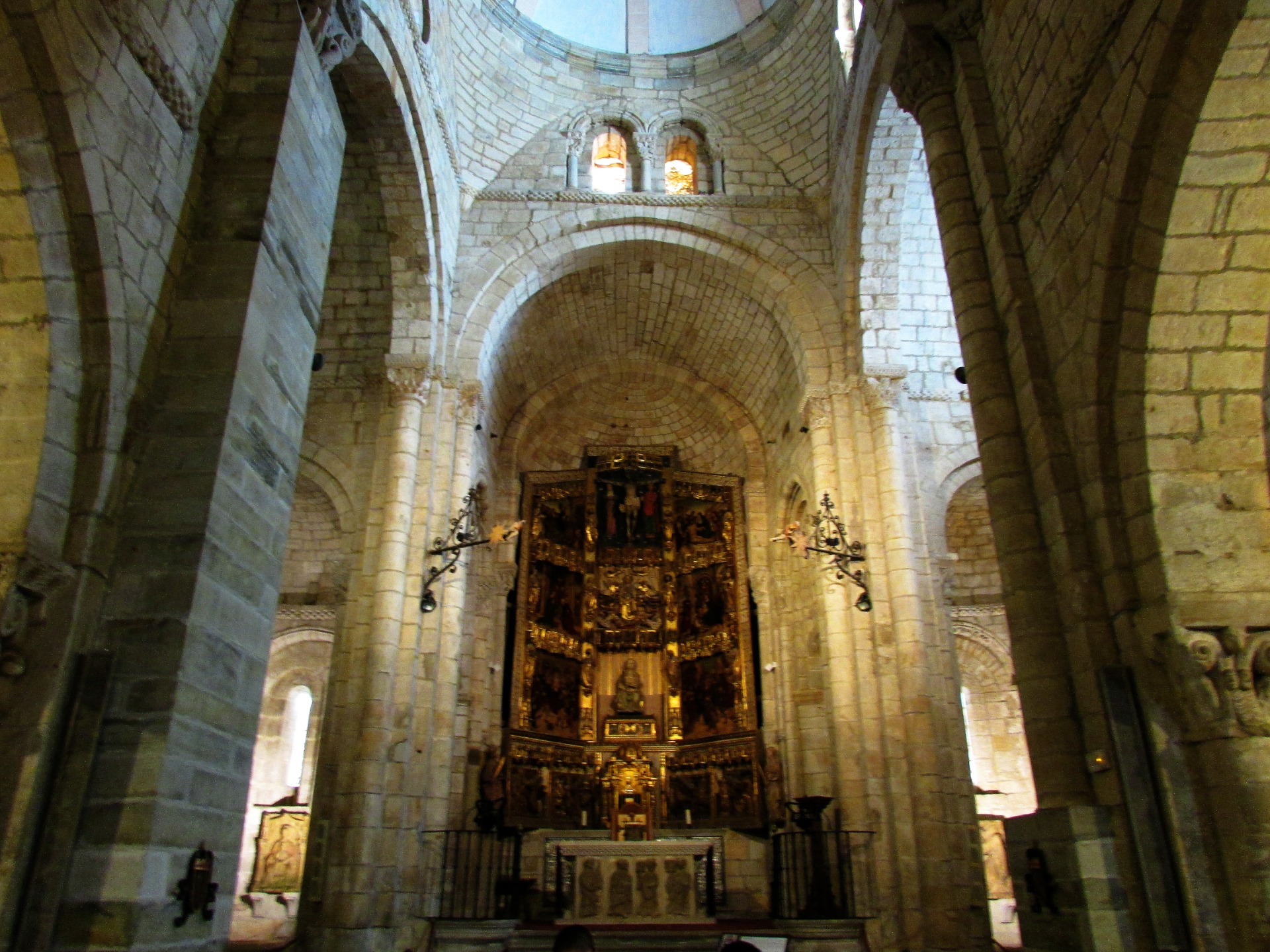
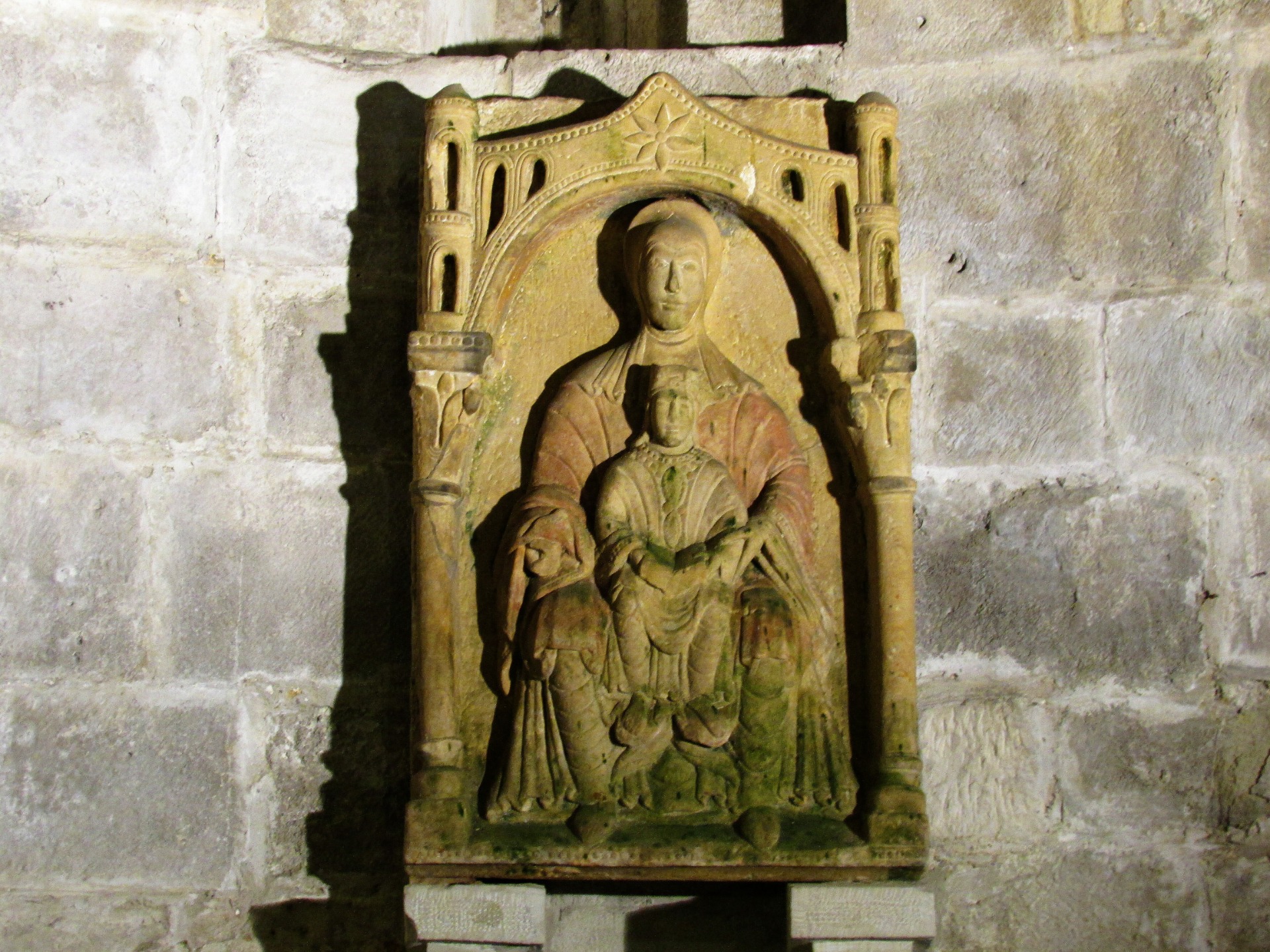
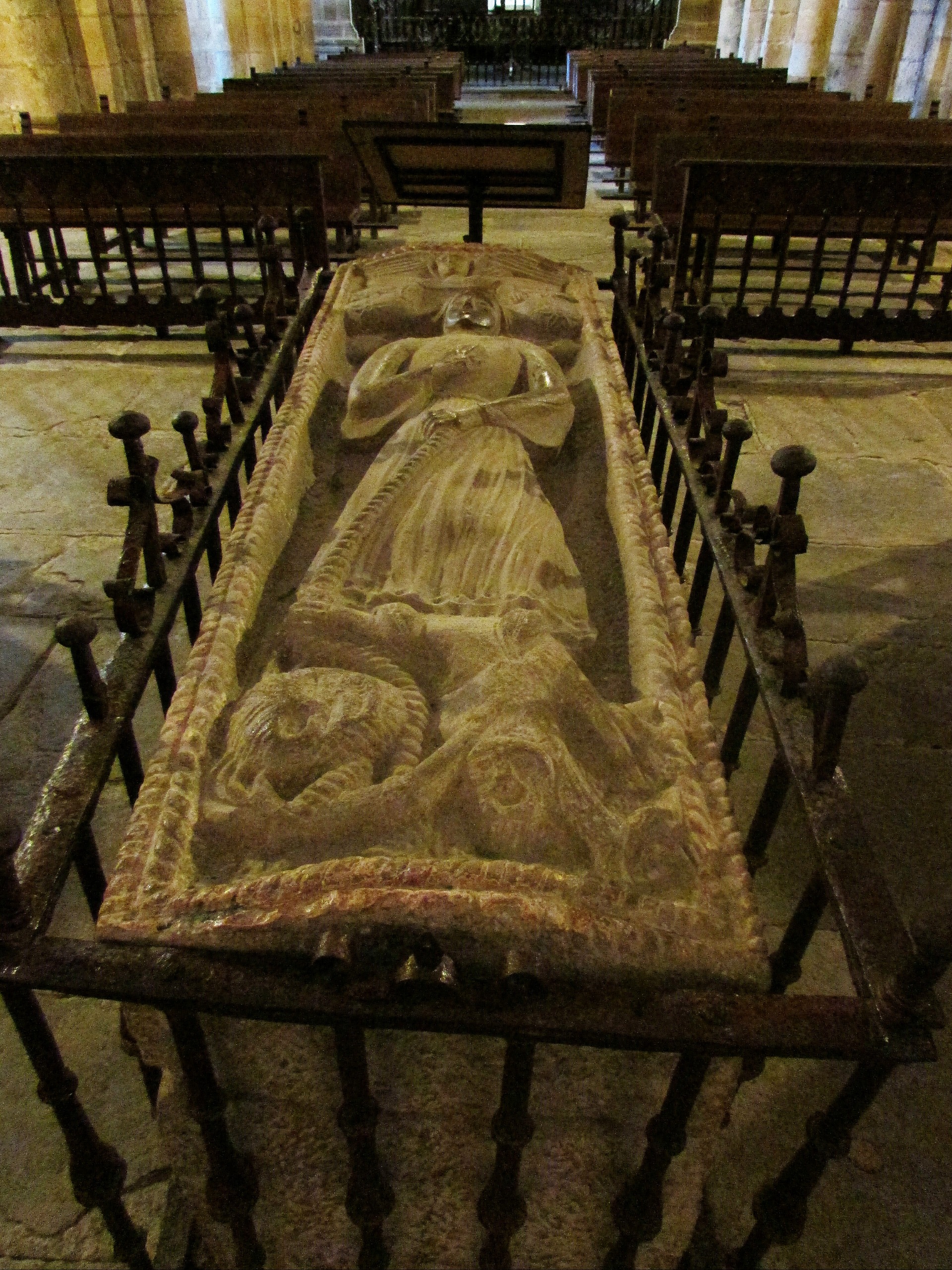
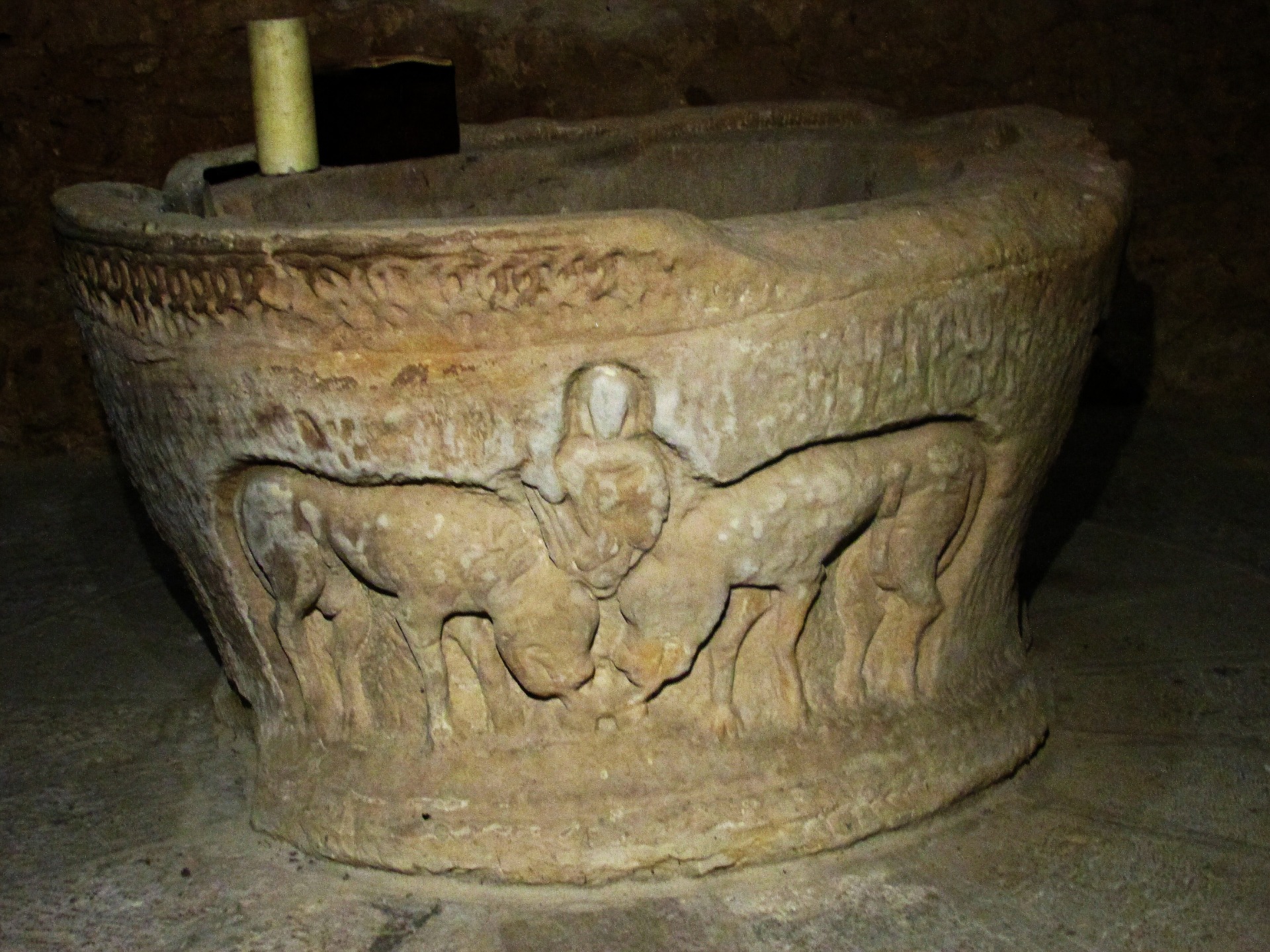
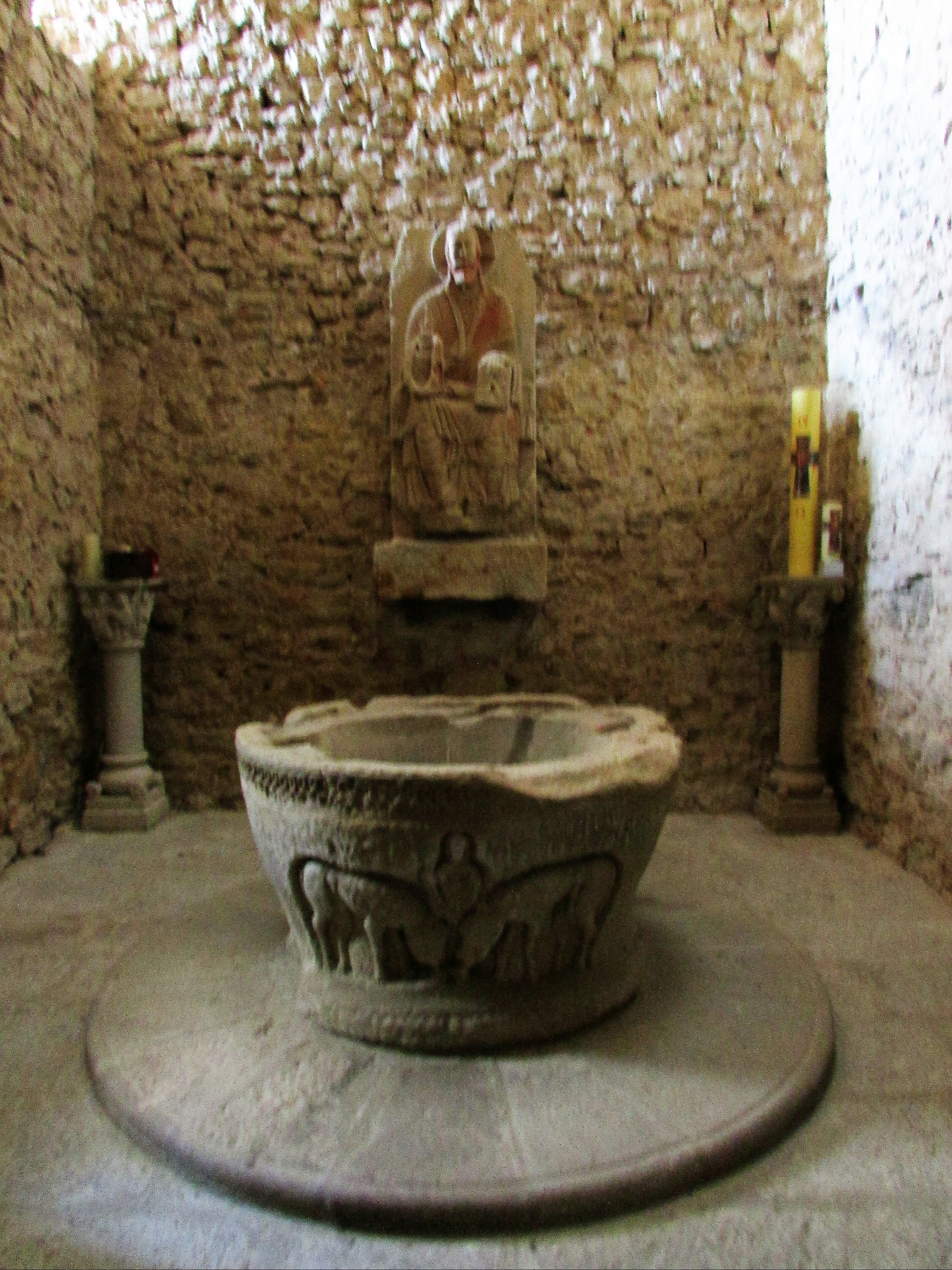
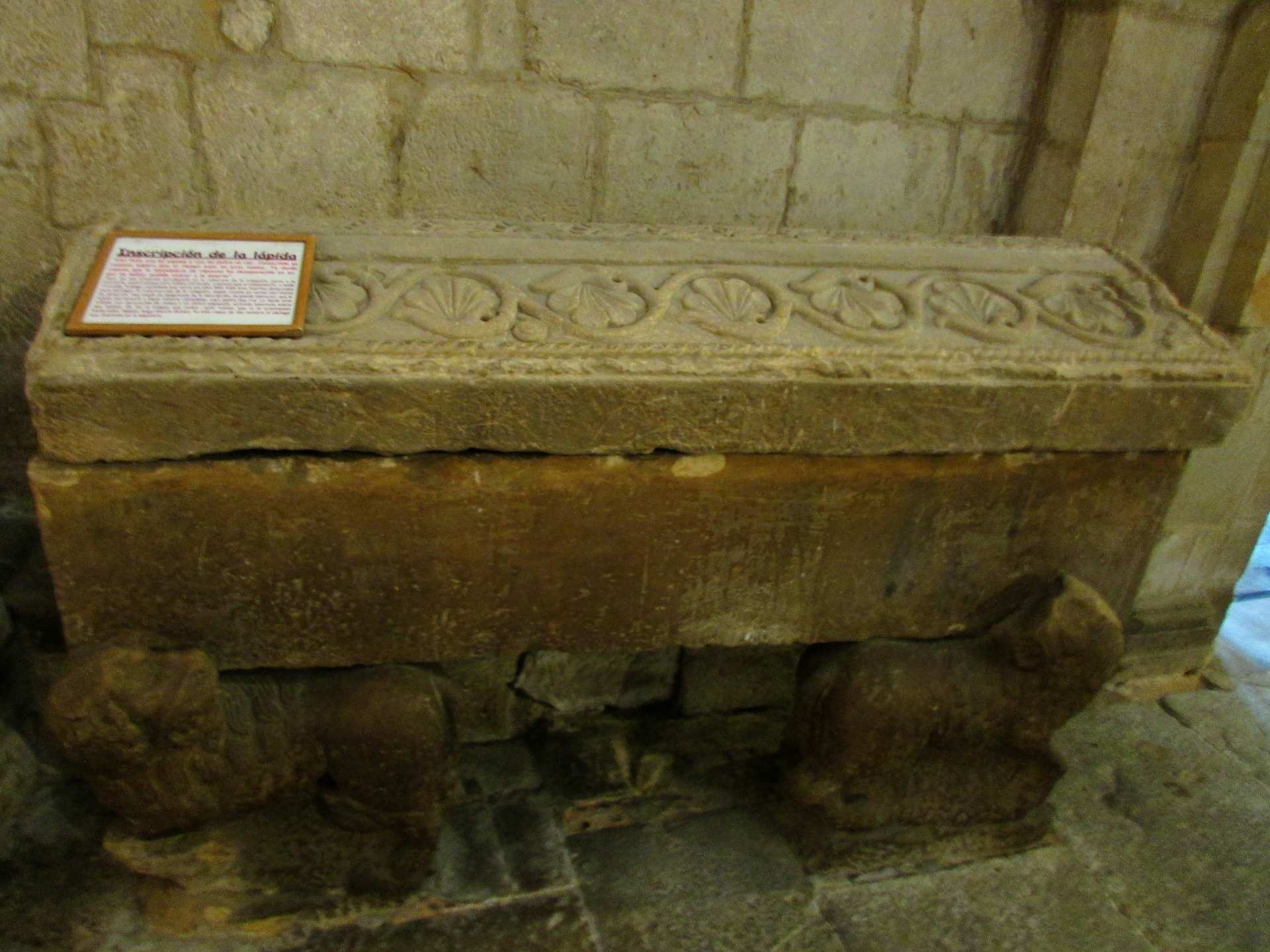
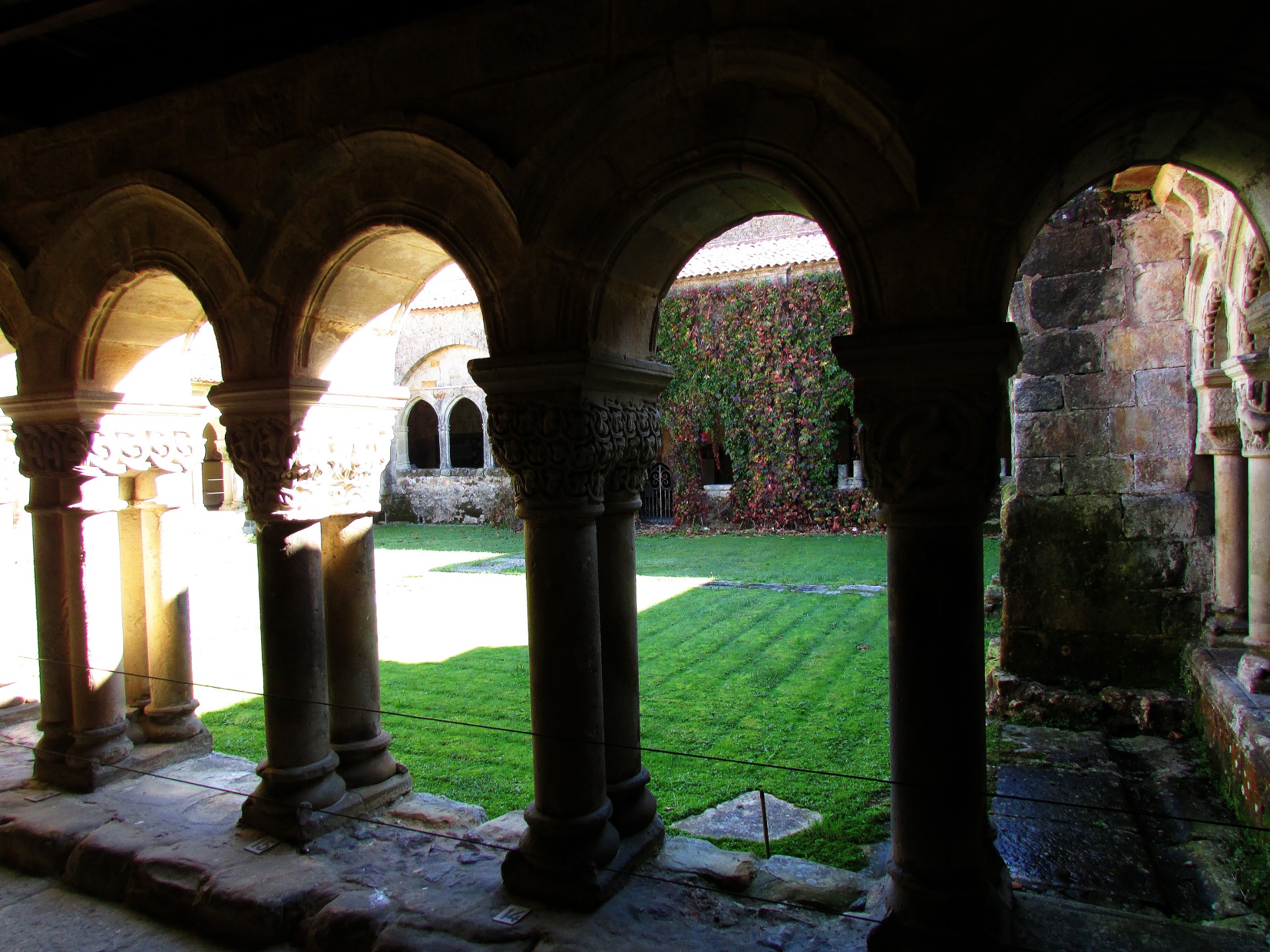
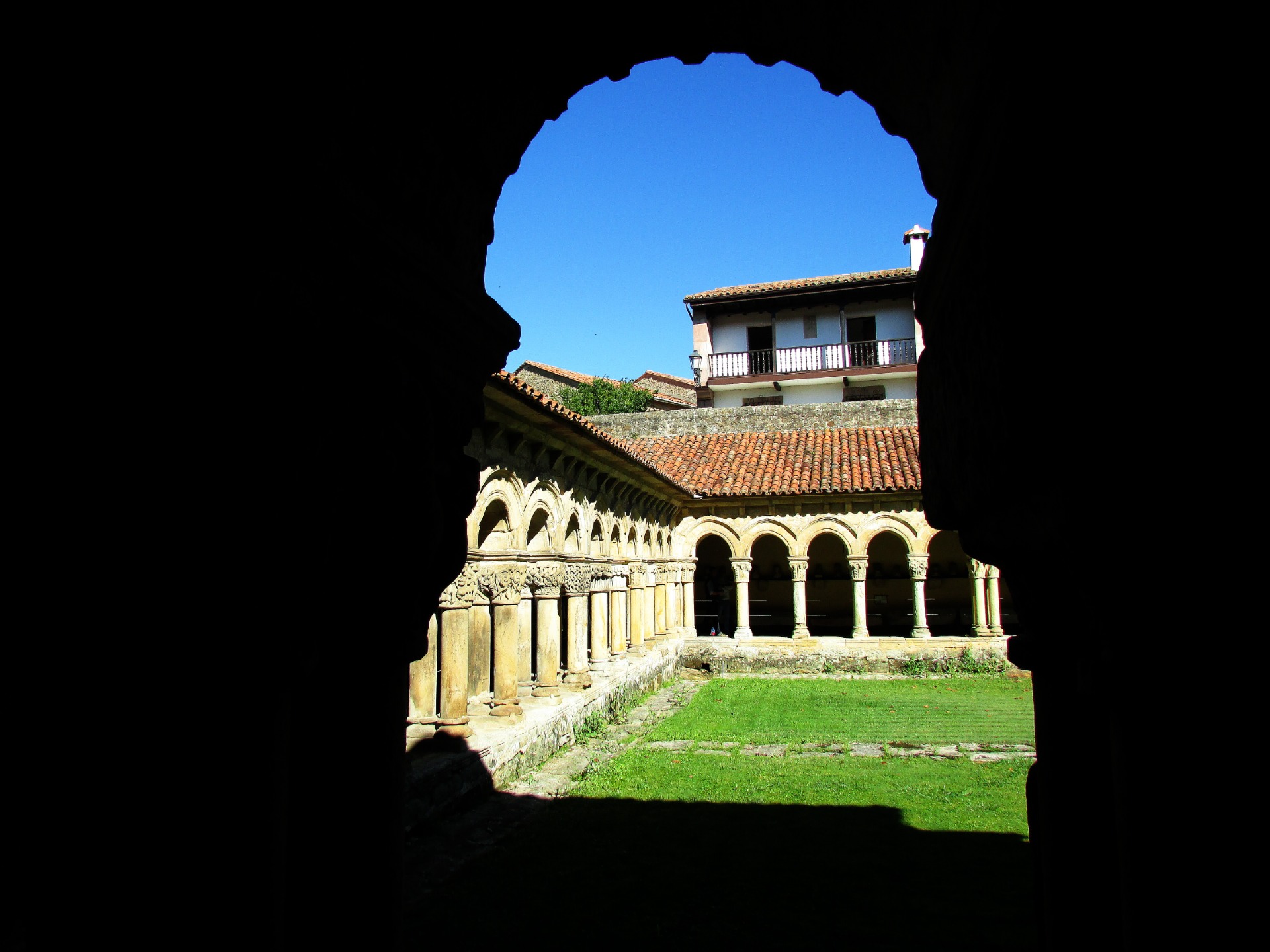
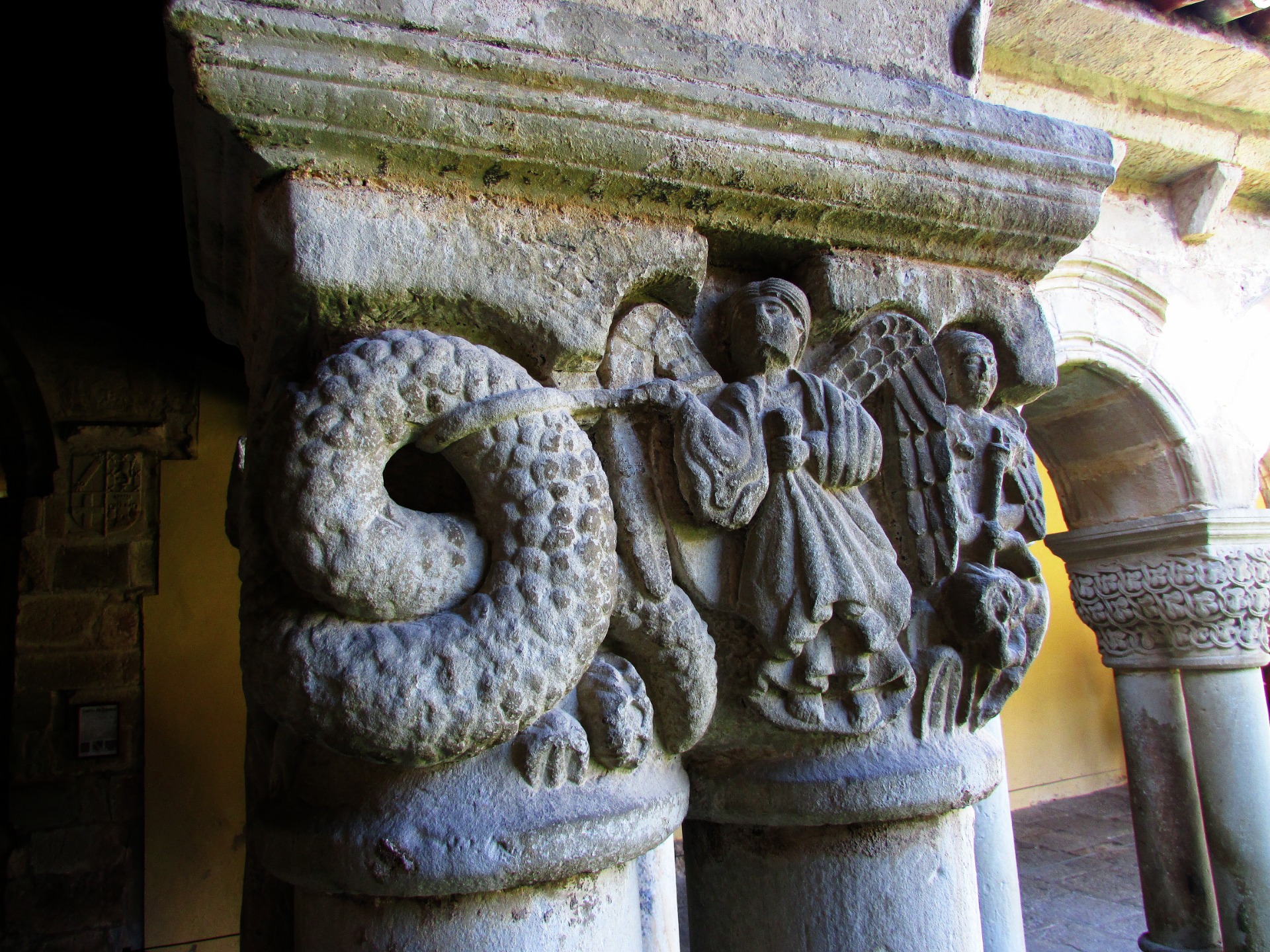
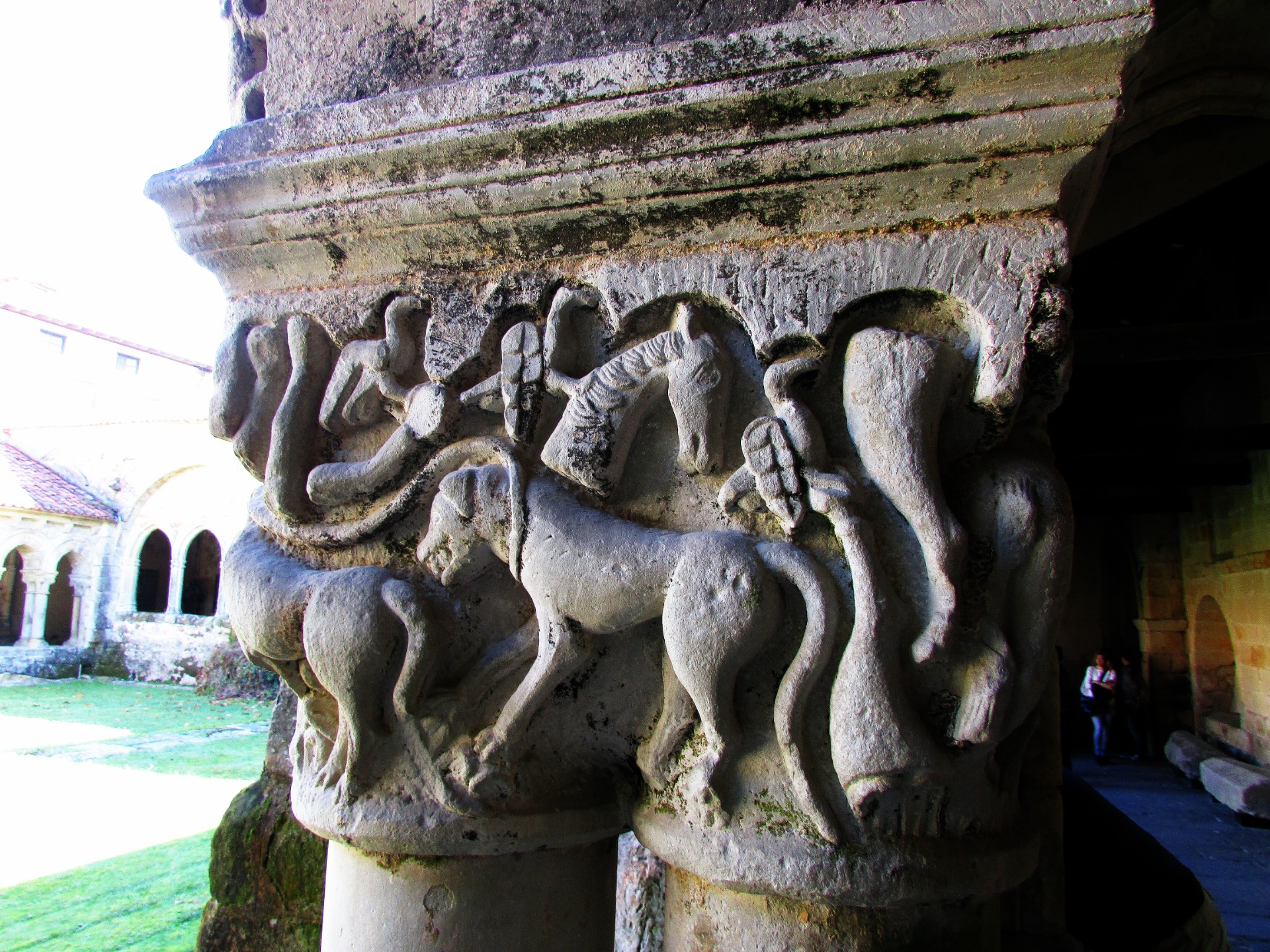
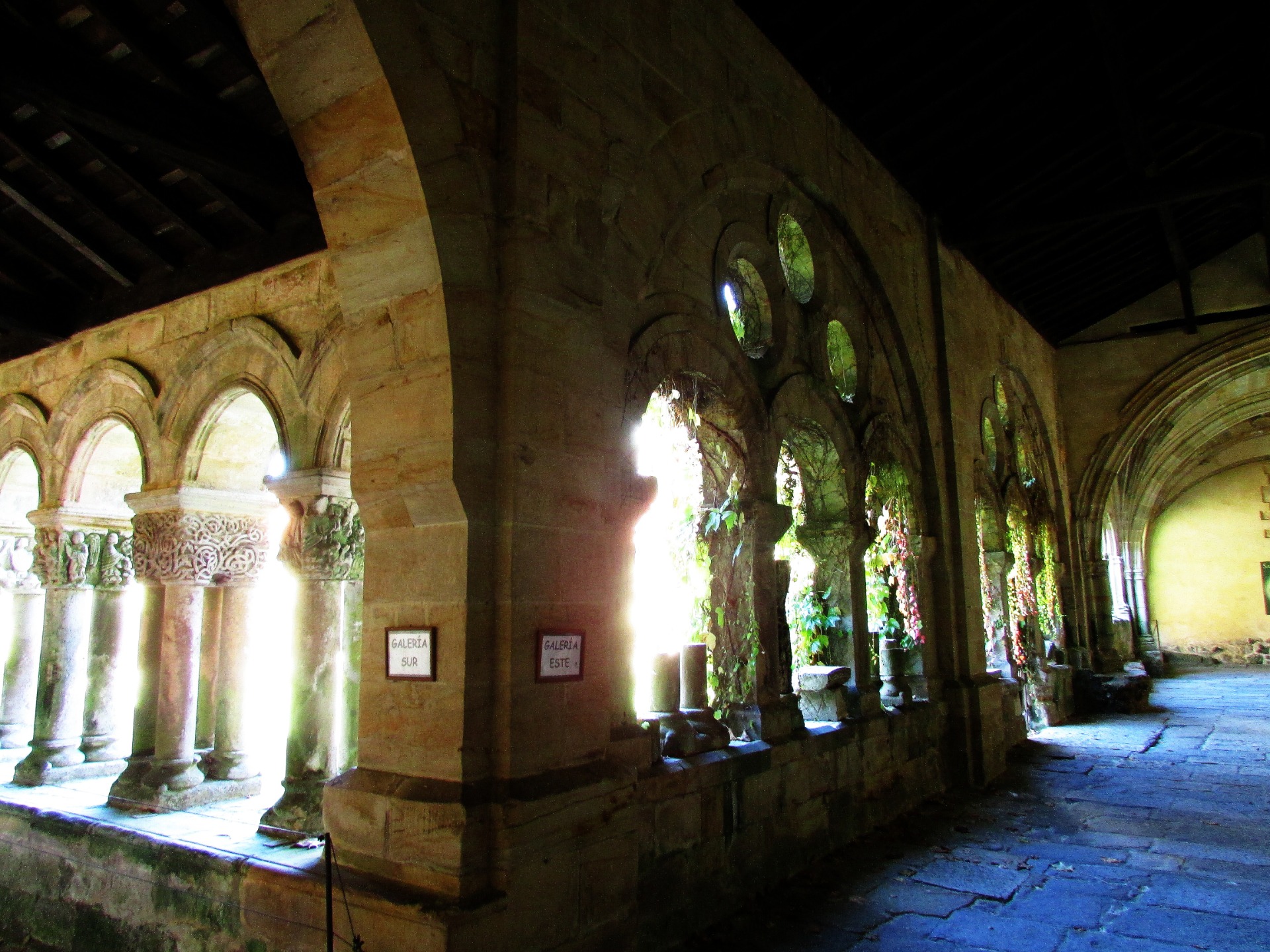
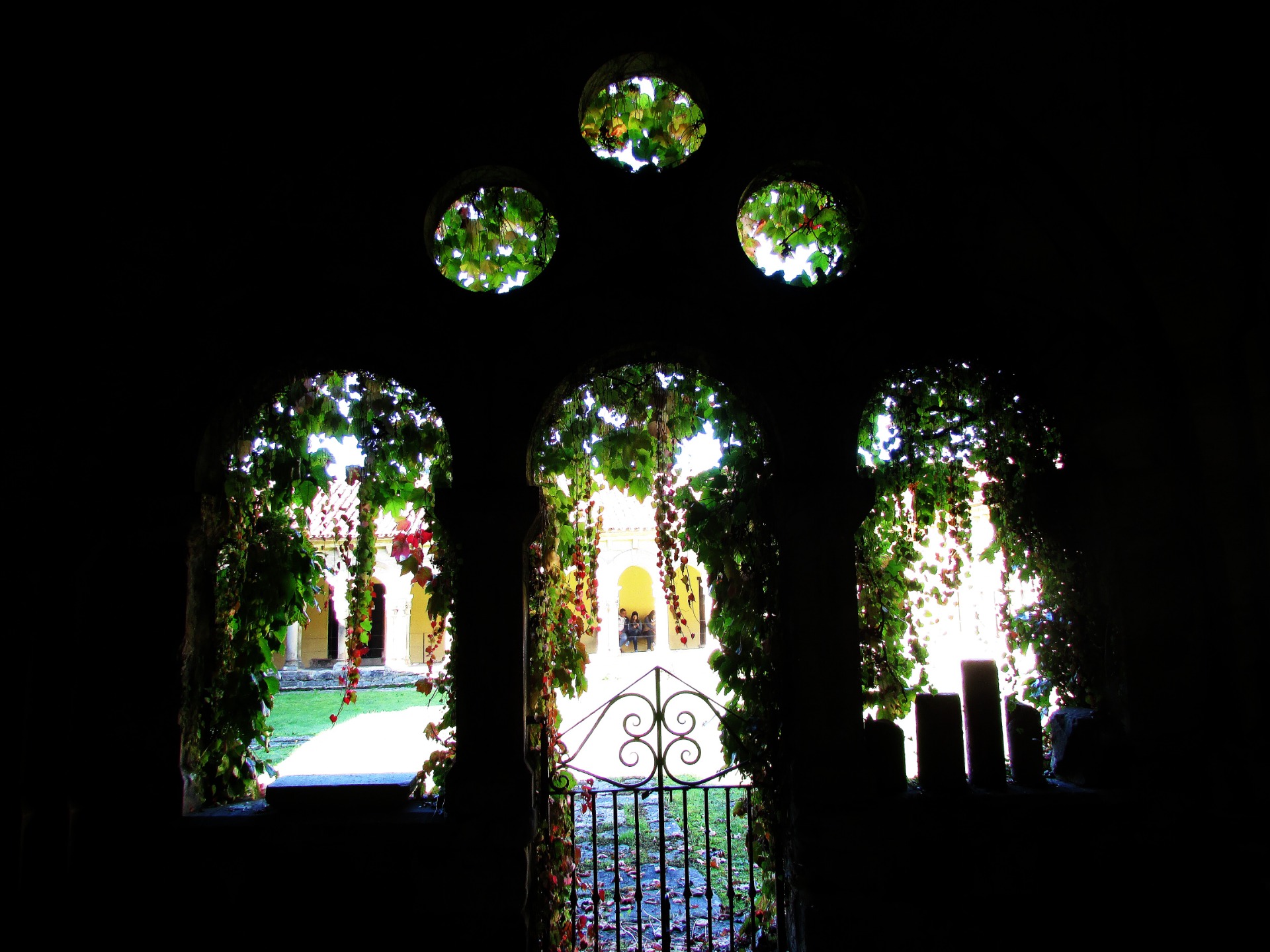
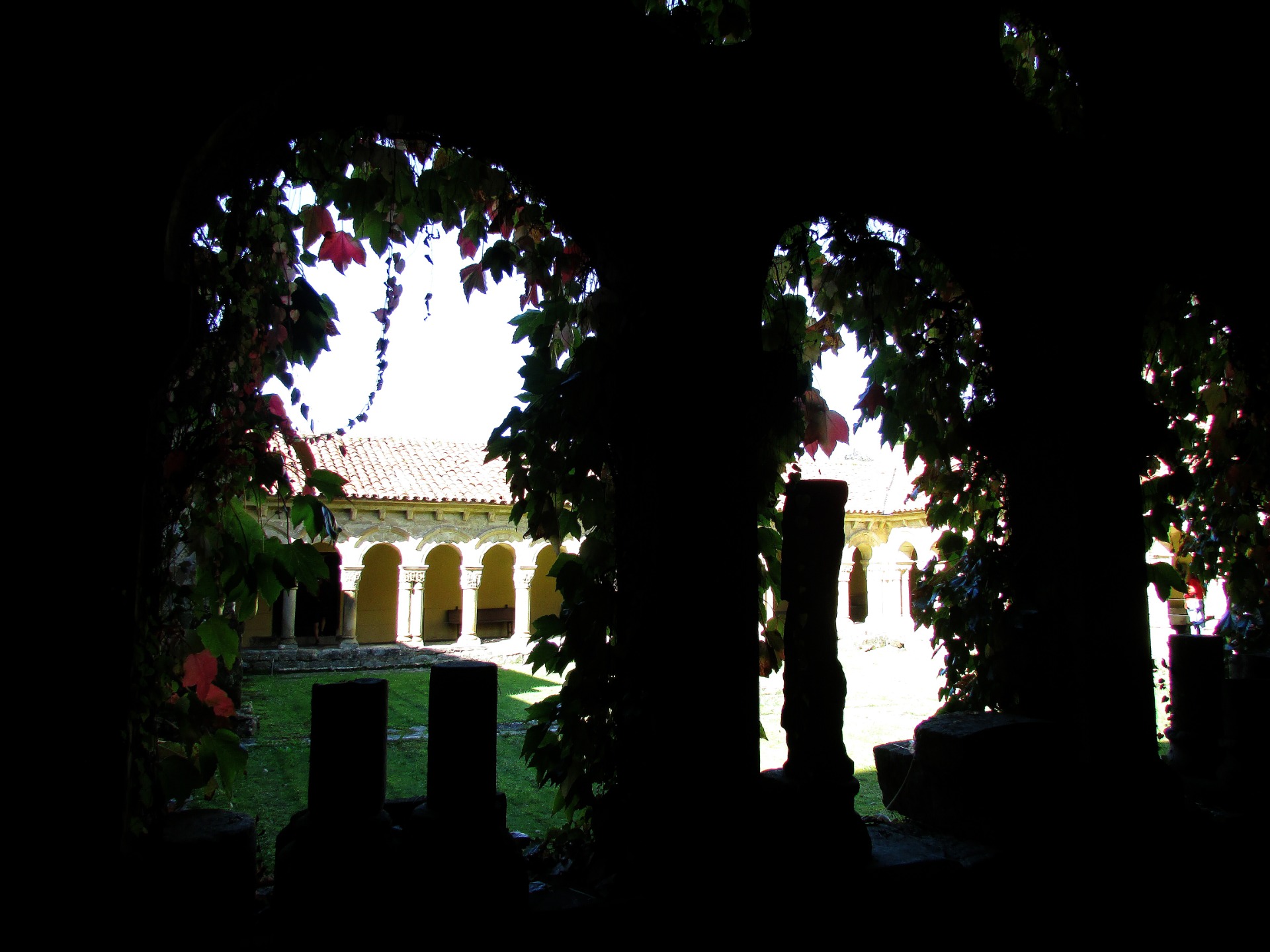
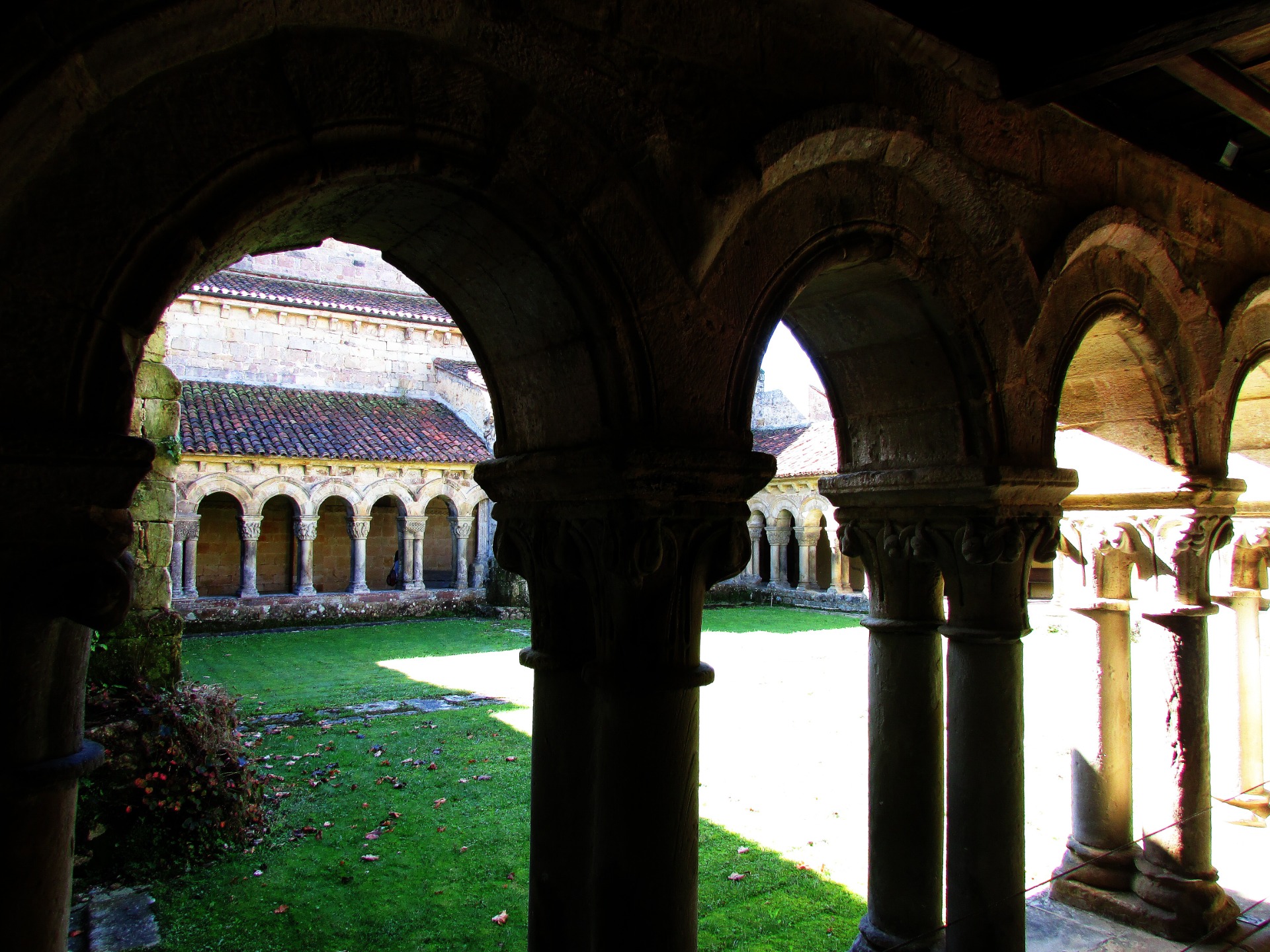
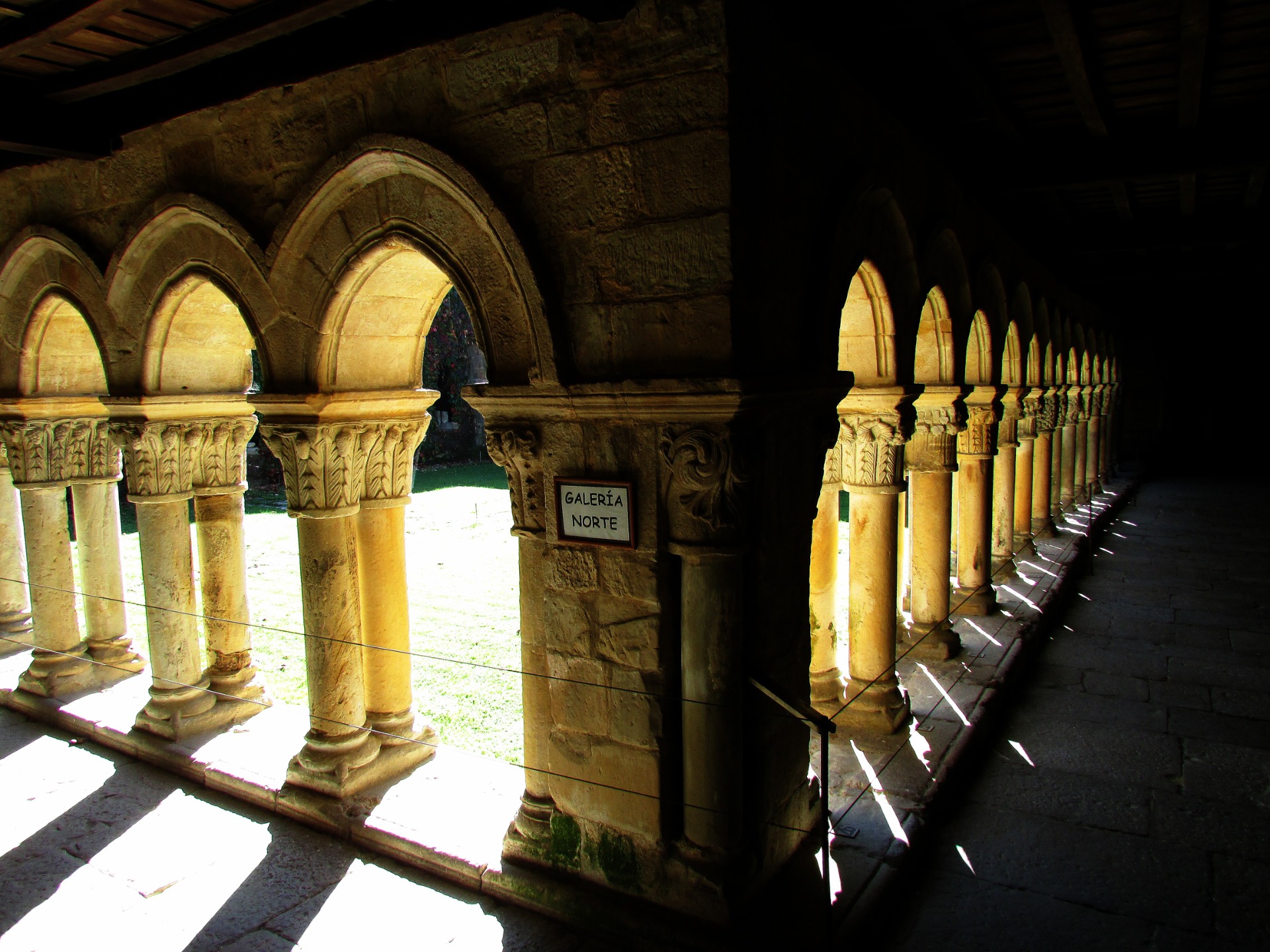

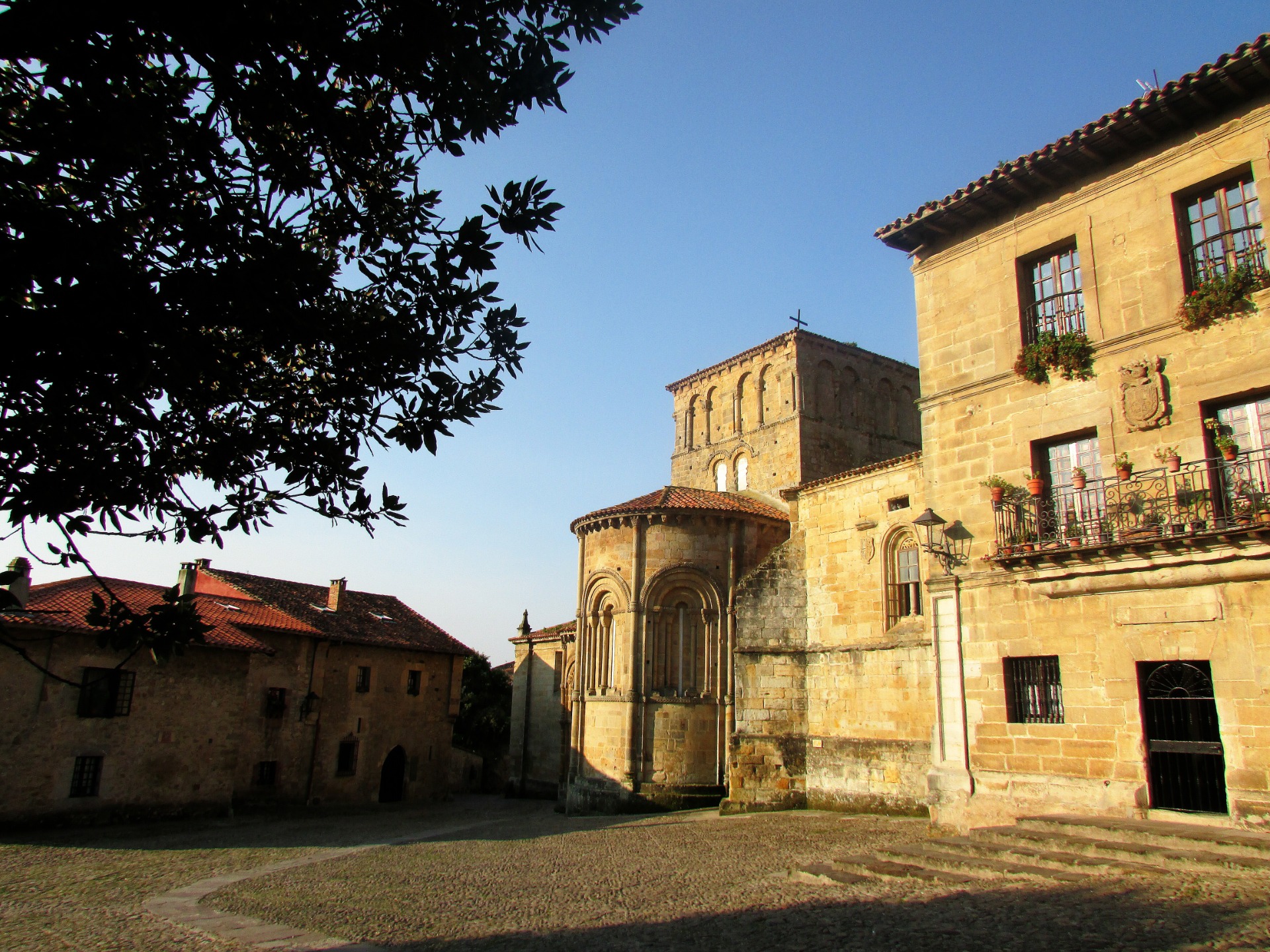
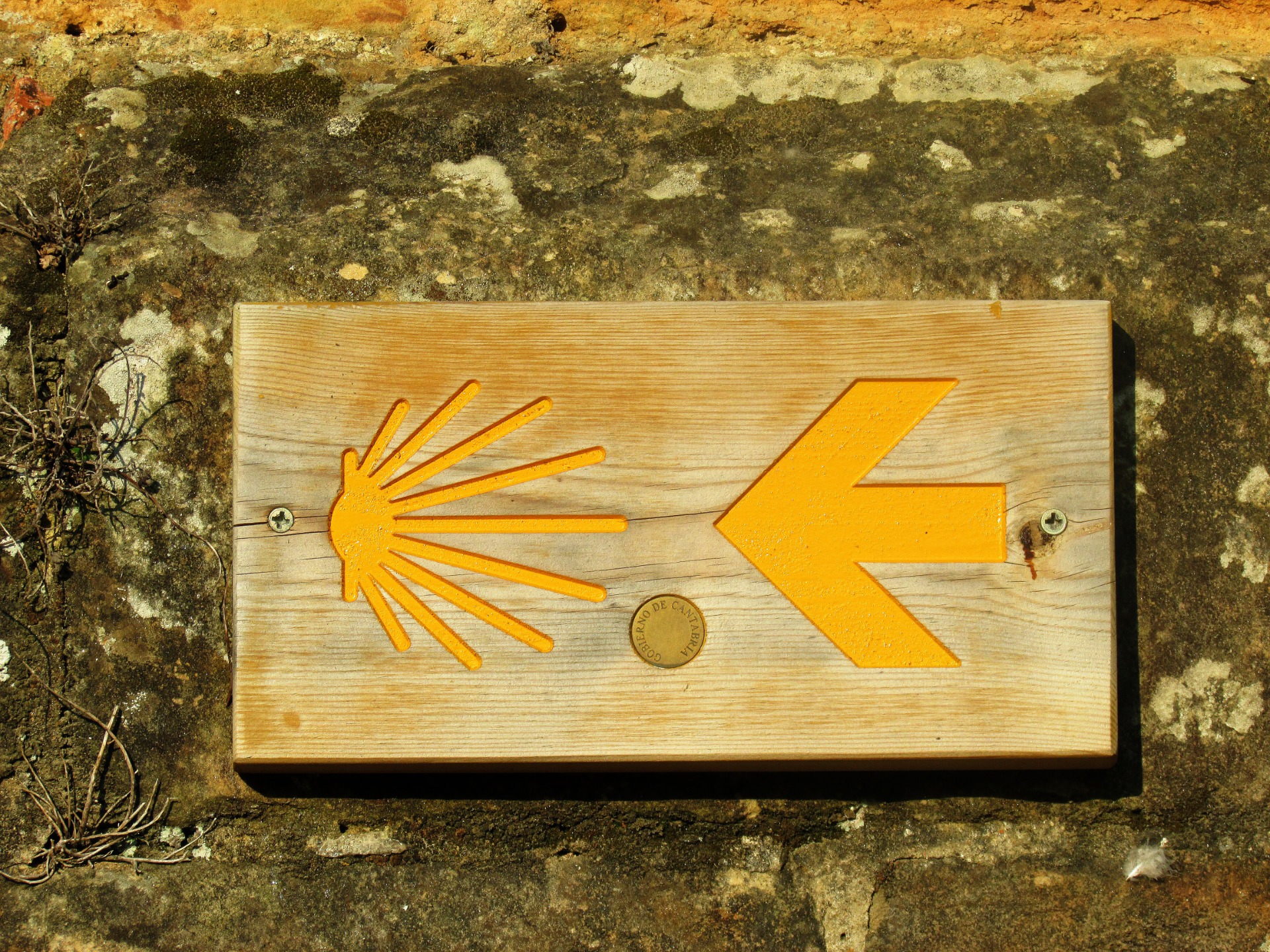
.jpg)
Hello
what a beautiful place and the photos I love the contrast of light and darkness as life itself
happy Sunday
That is precisely part of the magic of the cloisters, churches and medieval cathedrals, that dichotomy that existed between light and darkness, where after all, both complement each other and would not exist without each other. Happy Sunday
Thanks for writing this comment through TravelFeed.io!
You have received a 7% upvote from us. We hope to see you soon on TravelFeed.io!
Congratulations @juancar347! You have completed the following achievement on the Steem blockchain and have been rewarded with new badge(s) :
You can view your badges on your Steem Board and compare to others on the Steem Ranking
If you no longer want to receive notifications, reply to this comment with the word
STOPTo support your work, I also upvoted your post!
Do not miss the last post from @steemitboard:
Thank-you very much
Hiya, @lizanomadsoul here, just swinging by to let you know that this post made into our Honorable Mentions in Daily Travel Digest #672.

Your post has been manually curated by the @steemitworldmap team. If you like what we're doing, please drop by to check out all the rest of today's great posts and consider upvoting and supporting us.
Thank-you very much
Congratulations, Your Post Has Been Added To The Steemit Worldmap!
Author link: http://steemitworldmap.com?author=juancar347
Post link: http://steemitworldmap.com?post=mysterious-places-of-cantabria-the-collegiate-church-of-santillana-del-mar
Want to have your post on the map too?
Thank-you very much